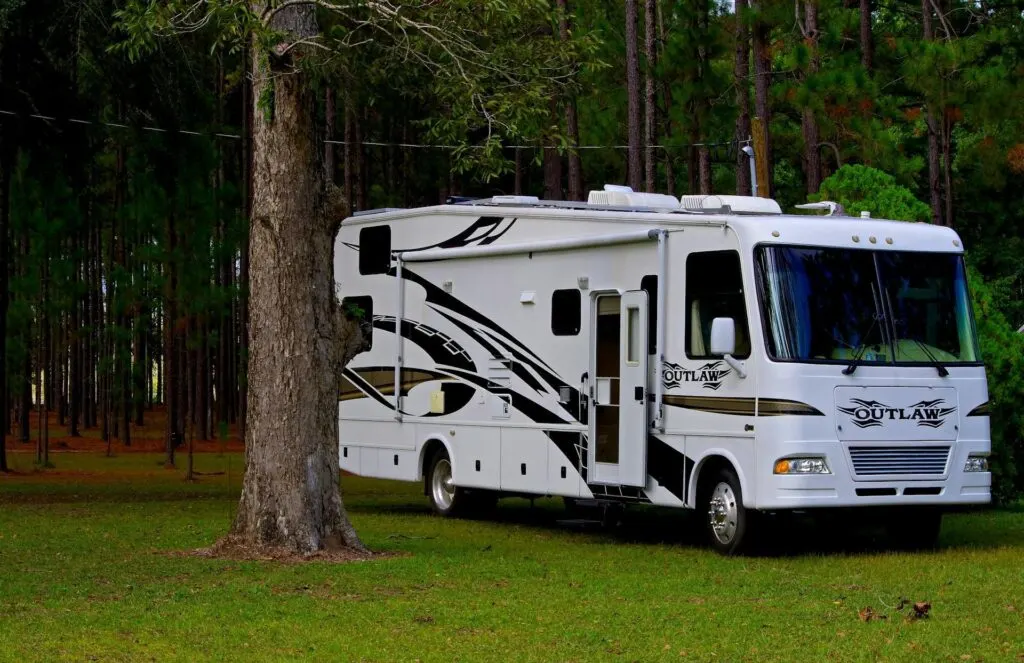
Thinking full-time RV living is all sunsets and campfires? It’s full of surprises you might not expect!
While the lifestyle offers incredible freedom and adventure, there are some unique challenges to be aware of.
Let’s dive into these less-talked-about aspects that can help you prepare for life on the road.
1. Space Limitations
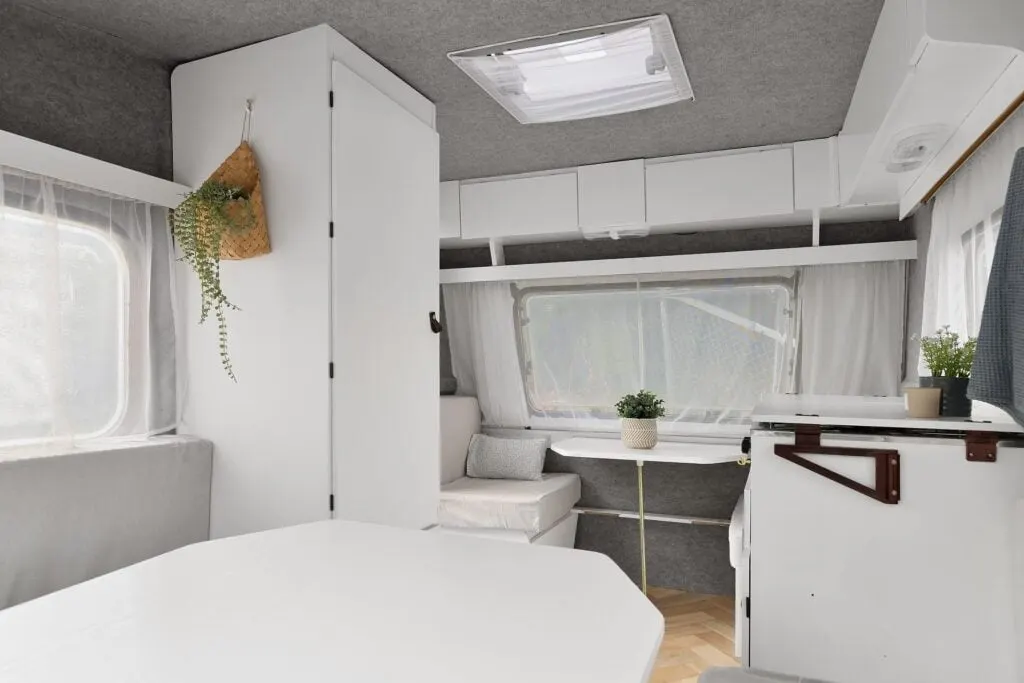
Living in a small space can be a big adjustment. You have to get creative with storage and find ways to stay organized. Think about using multi-functional furniture and clever storage solutions to make the most of every inch.
Keep clutter to a minimum by regularly decluttering and only keeping what you really need. It’s amazing how much more spacious your RV can feel when everything has its place.
Remember, living in a small space doesn’t mean sacrificing comfort. With a little planning, you can create a cozy and functional home on wheels.
2. Maintenance and Repairs
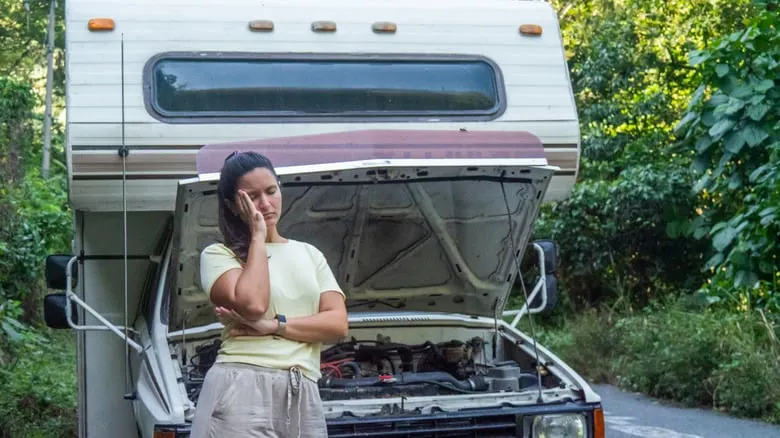
RVs need regular maintenance to stay in good shape. From oil changes to tire checks, staying on top of routine tasks is crucial. It helps prevent bigger, more costly problems down the road.
Unexpected repairs are part of RV life, too. It’s a good idea to keep a toolkit and some spare parts on hand for quick fixes. Also, having a budget set aside for emergencies can save you a lot of stress.
Creating a maintenance schedule can help you keep track of what needs to be done and when. Regular attention to your RV will keep it running smoothly and extend its life.
3. Connectivity Issues

Staying connected on the road can be tricky. You might find yourself in areas with weak or no cell signal, which can be frustrating if you rely on the internet for work or staying in touch.
Investing in a mobile hotspot and a signal booster can help improve your connectivity. These tools can provide a more reliable internet connection even in remote locations.
Plan your stops in places known for good cell service, and download offline maps and entertainment ahead of time. Staying prepared can help you navigate connectivity issues and stay connected wherever you go.
4. Health and Medical Care

Accessing consistent healthcare can be a challenge when you’re always on the move. It’s important to have a plan for managing prescriptions and regular check-ups. Make sure to refill your prescriptions ahead of time and keep a list of nearby pharmacies.
Keep a list of medical facilities and urgent care centers along your travel route. Telehealth services can also be a great option for non-emergency consultations, allowing you to speak with a doctor from anywhere.
Ensure your medical records are easily accessible, either through a digital app or hard copies. Carry a well-stocked first aid kit in your RV, including basic medications, bandages, and emergency supplies.
Being prepared helps ensure you can handle any health issues that arise, no matter where you are. Prioritizing your health allows you to enjoy your travels with peace of mind.
5. Financial Management
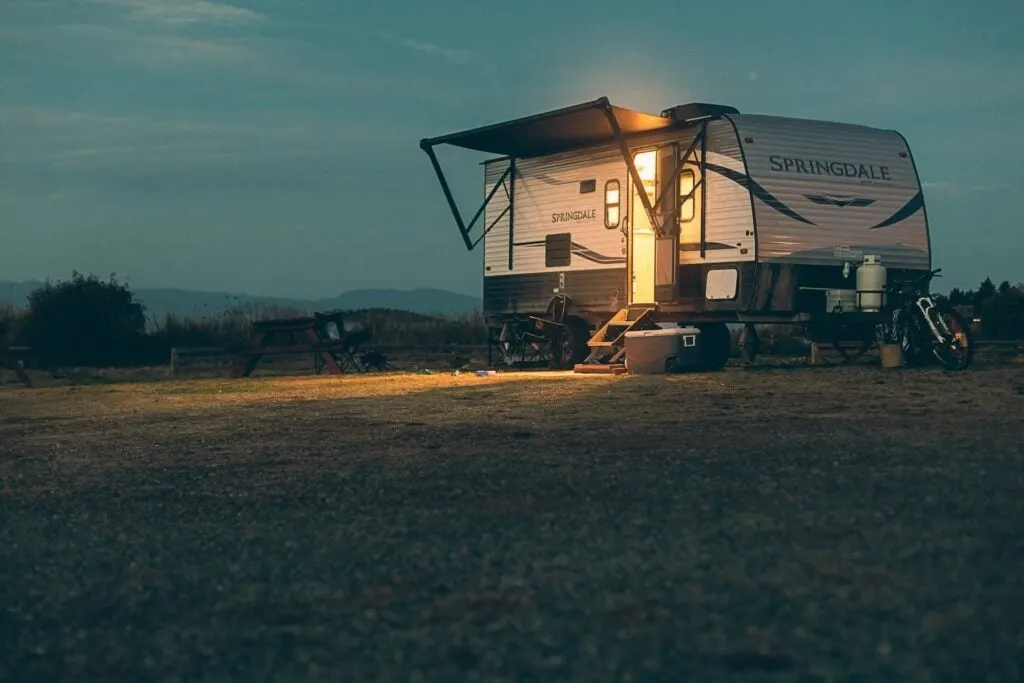
Managing your finances on the road can be unpredictable. Expenses like fuel, campground fees, and maintenance can vary widely. It’s essential to have a flexible budget that accounts for these fluctuations.
Keep track of your spending and set aside an emergency fund for unexpected costs. Using apps to monitor your expenses can make this easier.
Income can also be irregular if you’re working remotely or seasonally. Plan ahead by saving during higher-income periods to cover leaner times. By staying on top of your finances, you can enjoy the freedom of RV living without financial stress.
6. Finding Community
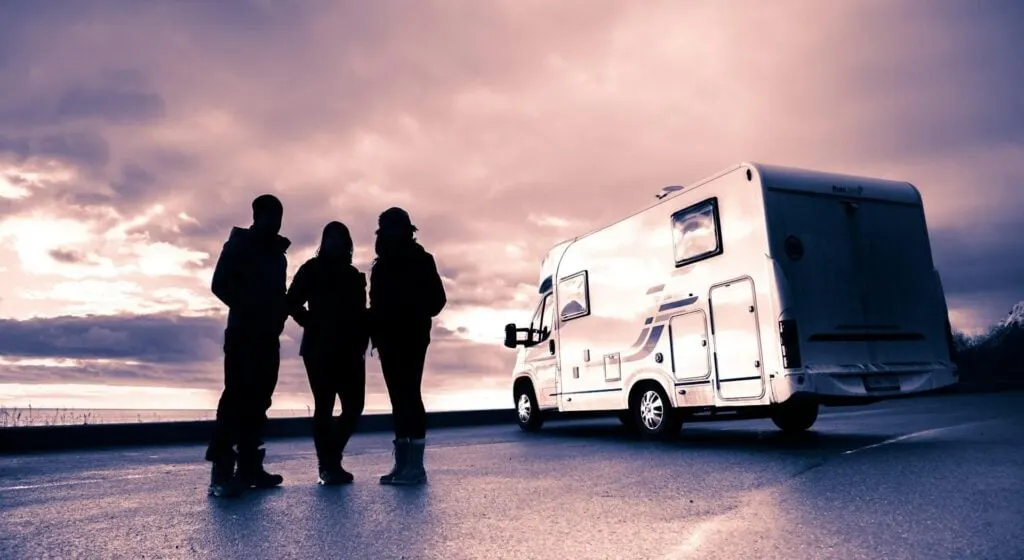
Building a sense of community while living in an RV can be challenging but rewarding. Connect with other RVers by joining RV clubs and attending meet-ups. Many campgrounds host social events, which are great opportunities to make new friends.
Use social media and online forums to stay connected and share experiences with fellow travelers. Don’t hesitate to chat with your neighbors at campgrounds; you’ll find many are eager to share tips and stories.
By actively seeking out connections, you can create a supportive and enriching community on the road, making your RV lifestyle more enjoyable and less isolating.
7. Mail and Packages

Receiving mail and packages while on the road can be tricky. Traditional mail delivery doesn’t work well for a mobile lifestyle.
Consider using mail forwarding services that send your mail to a central location and then forward it to your current address. Another option is to use general delivery services at post offices, where you can pick up your mail at your convenience.
For packages, consider using Amazon lockers or having them sent to a nearby friend or family member. Planning ahead ensures you won’t miss important mail or deliveries while traveling.
8. Weather Considerations
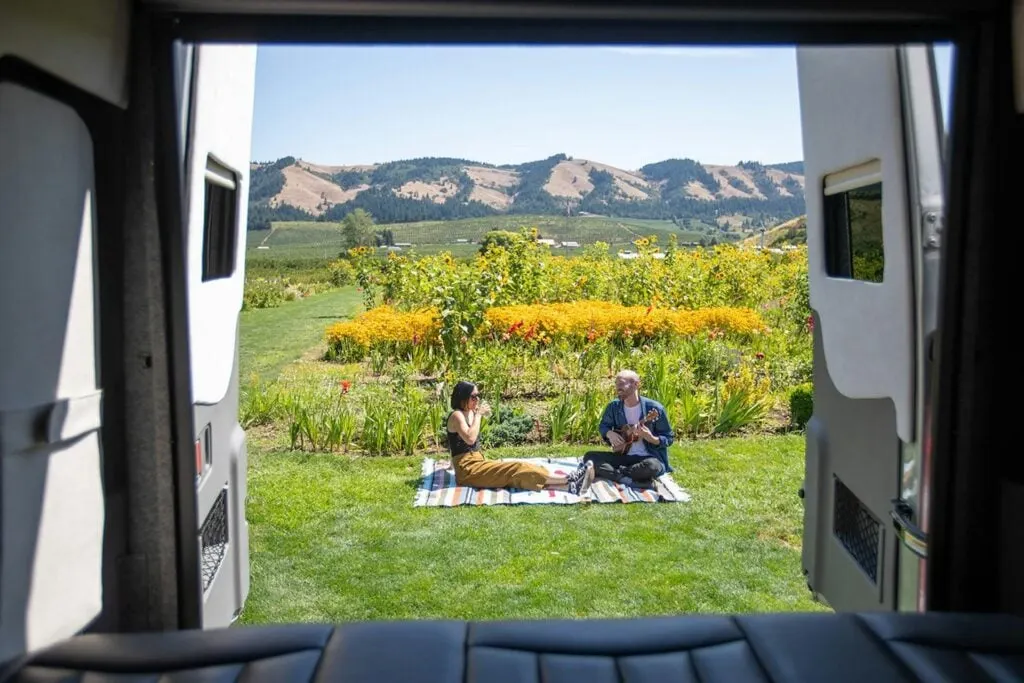
Weather can greatly impact your RV travels. It’s important to stay informed about the weather conditions along your route and at your destination.
Check forecasts regularly and plan your travels to avoid severe weather. Make sure your RV is equipped for different conditions, whether that means insulation for cold weather or ventilation for heat.
Have a plan for unexpected weather changes. This might include knowing where to find shelter during storms or how to stay cool during heatwaves. By staying prepared, you can ensure a safe and comfortable trip no matter the weather.
9. Legal and Regulatory Issues

Navigating legal and regulatory issues is a key part of full-time RV living. Different states have varying requirements for vehicle registration, insurance, and even overnight parking.
Stay informed about the laws in each state you visit. Keep all your registration and insurance documents up to date and easily accessible.
Be aware of local ordinances regarding where you can park your RV overnight.
Researching and following these rules helps you avoid fines and legal trouble, making your travels smoother and stress-free. Staying compliant ensures you can enjoy your RV lifestyle without unexpected hassles.
10. Emotional and Mental Well-being

Maintaining your emotional and mental well-being is vital when living full-time in an RV. The lifestyle can be isolating, and the constant change can be overwhelming.
Stay connected with loved ones through regular calls or video chats. Joining RV communities and attending social events can also help you build supportive relationships on the road.
Take time for self-care by enjoying hobbies, exercising, and exploring nature. Mindfulness practices like meditation can also help reduce stress. Prioritizing your mental health ensures a happier and more fulfilling RV lifestyle.
Living the RV Life
With the right mindset and preparation, you can tackle these challenges and enjoy the freedom of full-time RV living. Happy travels! By being aware of these unexpected hurdles, you can better prepare and make the most of your adventurous lifestyle.
